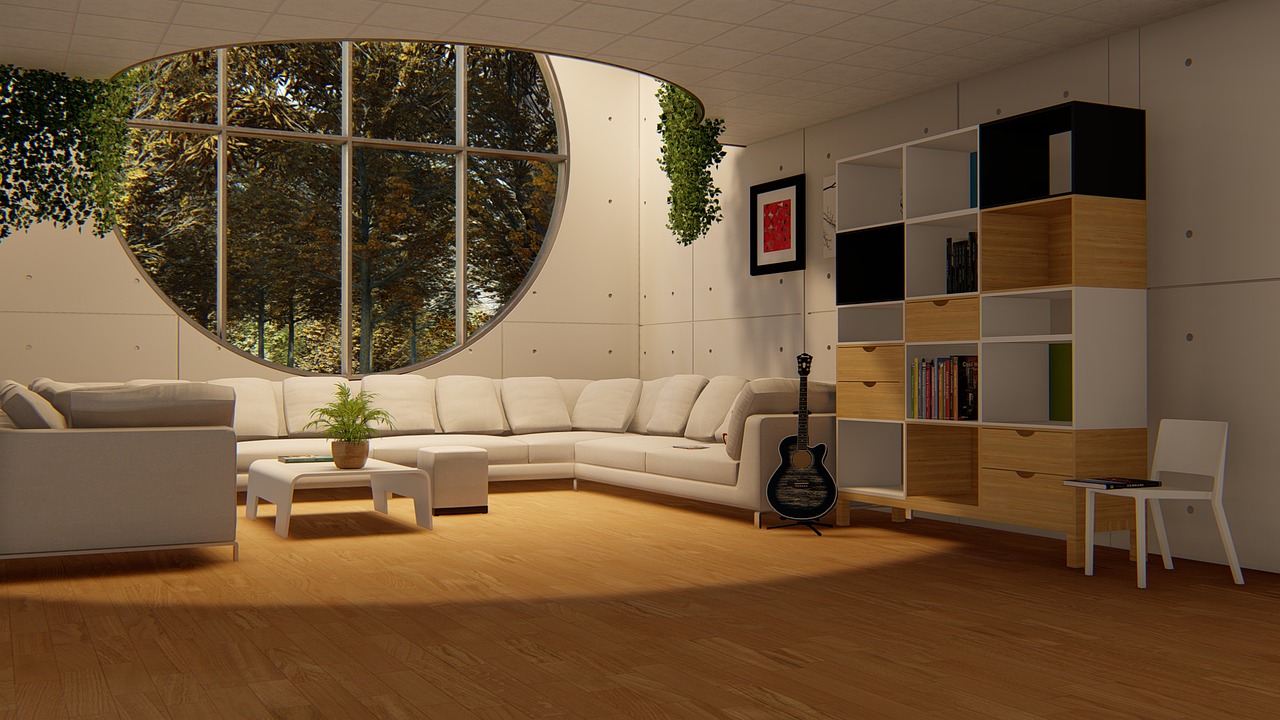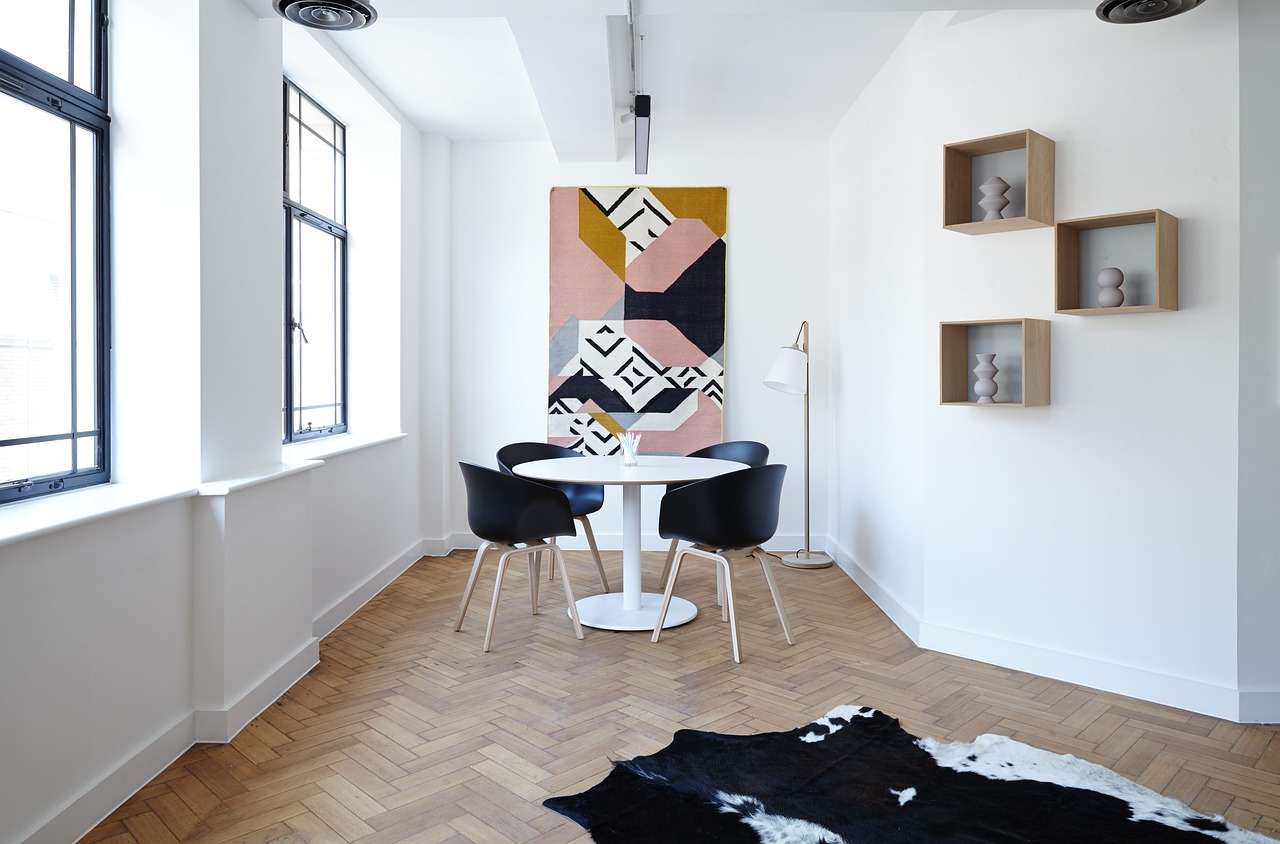Why You Should Renovate Floors Before Renting Your Property

When preparing a property for the rental market, many landlords focus on cosmetic touch-ups like painting walls or upgrading kitchen appliances. One of the most impactful improvements often gets overlooked, and that is floor renovation. Whether it's an apartment, condo, or single-family home, flooring plays a crucial role in shaping a tenant's first impression and satisfaction. Damaged, outdated, or stained floors can quickly turn potential renters away, while clean, modern surfaces can increase your property's appeal and rental value. This blog post delves into six compelling reasons why renovating floors before renting your property is financially strategic.
First Impressions Matter
Flooring is one of the very first features that potential tenants notice the moment they walk into a rental unit. Regardless of how modern the kitchen is or how freshly painted the walls are, worn-out carpets, chipped tiles, or scratched hardwood floors can leave a lasting negative impression. Floors set the tone for the cleanliness and care of the property. New or well-maintained floors indicate that the landlord has invested in the upkeep of the space, which builds trust. Visually appealing, clean flooring makes rooms look brighter, more spacious, and welcoming, crucial elements that often influence renters' decisions almost instantly.
Increase in Rental Value
Upgraded flooring can directly influence how much rent you can reasonably charge for your property. Modern, clean, and durable floors give tenants a sense of quality and longevity, allowing landlords to position their units at a higher price point. For example, polished concrete floors have gained popularity not just for their sleek, industrial look but also for their durability and ease of maintenance. Using surface preparation tools and treatments like those from DiamaPro Systems can ensure a long-lasting, professional finish. Such improvements help justify rent increases while appealing to tenants who value functionality and aesthetics, ultimately enhancing the property's market competitiveness.
Long-Term Cost Savings
Although the upfront cost of floor renovation might seem steep, it often results in long-term financial benefits. Low-quality or outdated flooring typically requires more frequent repairs and replacement, especially in high-traffic areas. Investing in durable, low-maintenance materials now can save you time and money on upkeep down the road. Options like vinyl plank, ceramic tile, or sealed hardwood withstand wear and tear and are easier to clean and maintain. These surfaces can handle the rigors of multiple tenancies without deteriorating quickly, reducing turnover costs in the long run.
Appeals to a Broader Range of Tenants
Modern flooring can make a rental property more universally appealing. Neutral tones and contemporary textures often suit a variety of tastes, allowing tenants to visualize their furniture and décor within the space. Unlike outdated patterns or colors that may polarize potential renters, fresh flooring offers a blank canvas that attracts a wider audience. Allergen-sensitive tenants may prefer hard flooring surfaces over carpets, which can trap dust and pet dander. By choosing hypoallergenic, easy-to-clean materials, landlords can appeal to families, pet owners, and individuals with allergies, thereby broadening the tenant pool.
Compliance with Safety and Health Standards
Old and neglected flooring isn't just an aesthetic concern, and it can become a significant safety and health hazard. Cracked tiles, warped floorboards, or unsecured carpeting increase the risk of trips and falls, putting tenants at risk and opening landlords up to potential liability. Mold and mildew, especially under old carpets or in damp areas, pose serious health threats, particularly for those with allergies or respiratory issues. Renovating your floors allows you to eliminate these hazards, ensuring the property complies with current health and safety standards. Taking proactive steps protects tenants and helps avoid expensive legal disputes and insurance claims down the line.
Faster Leasing and Reduced Vacancy
Properties with renovated floors tend to lease faster than those with outdated interiors. In competitive rental markets, tenants are often viewing multiple properties in a single day. A fresh floor can be the detail that tips the scales in your favor. When renters feel they're stepping into a move-in-ready, well-cared-for space, they're more likely to make a quick decision. Faster leasing means reduced vacancy periods, which translates to fewer lost rental income days. Positive first impressions can lead to longer lease terms and higher tenant satisfaction, ultimately fostering a more stable rental business.

Renovating your property's flooring before listing it for rent is a smart investment that pays dividends in both the short and long term. From attracting quality tenants and increasing rental income to enhancing safety and reducing maintenance costs, new flooring provides a solid foundation for a successful rental strategy. Landlords who take the time to update their flooring stand out in a competitive market and set the tone for a positive and professional rental experience.
Published 5/29/25